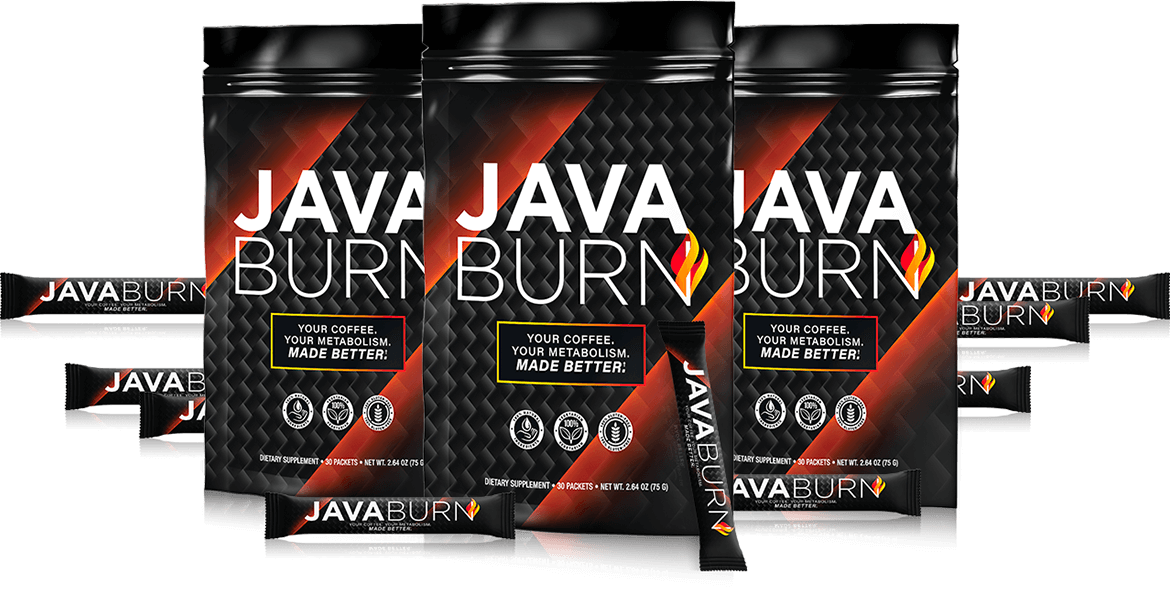Understanding Macronutrients: The Building Blocks of Nutrition
Macronutrients, the cornerstone of our diet, encompass carbohydrates, proteins, and fats—each playing a pivotal role in maintaining optimal health. Carbohydrates serve as the primary energy source, fueling our daily activities. They should comprise about 45-65% of our daily caloric intake. Nutrient-rich carbohydrate sources include whole grains, fruits, and vegetables. Proteins, essential for muscle repair, immune function, and enzyme production, should account for 10-35% of our daily intake. Lean meats, beans, and legumes are excellent protein sources.
Fats, though often misunderstood, are crucial for brain health, hormone production, and cell membrane integrity. Healthy fats, found in avocados, nuts, and olive oil, should make up 20-35% of our daily calories. Balancing these macronutrients is vital; an excess or deficiency can lead to various health issues. For instance, excessive carbohydrate intake can contribute to weight gain, while inadequate protein can compromise muscle mass and immune function. Similarly, insufficient fat intake can adversely affect brain health.
It’s important to recognize that individual nutritional needs can vary significantly. Factors such as age, gender, physical activity level, and specific health conditions play a critical role in determining the appropriate balance of macronutrients. For example, athletes may require higher protein intake for muscle recovery, while older adults might need more calcium and vitamin D to maintain bone health. Consulting with a healthcare provider or a nutritionist can help personalize dietary plans to accommodate these individualized requirements.
In conclusion, understanding and balancing macronutrients are fundamental to achieving and maintaining optimal health. By incorporating a variety of nutrient-dense foods and tailoring intake to personal needs, one can support overall well-being and prevent nutrition-related health issues.
The Role of Micronutrients: Vitamins and Minerals
A balanced diet rich in essential micronutrients is pivotal for achieving optimal health. Micronutrients, which include vitamins and minerals, are integral to maintaining a myriad of bodily functions. For instance, Vitamin D plays a significant role in bone health by enhancing calcium absorption. Insufficient levels can lead to bone disorders such as rickets in children and osteomalacia in adults. Natural sources of Vitamin D encompass fatty fish, egg yolks, and fortified dairy products. Despite its availability in these foods, supplementation is often advised, especially in regions with limited sunlight exposure.
Calcium is another critical mineral predominantly known for its role in building and maintaining strong bones and teeth. Nonetheless, it is also vital for muscle function, nerve signaling, and blood clotting. Dairy products, green leafy vegetables, and fortified plant-based milks are rich in calcium. A deficit in calcium can result in weakened bones and increased fracture risk, whereas excess intake could lead to kidney stones.
Iron is essential for the production of hemoglobin, the protein in red blood cells that carries oxygen throughout the body. Iron deficiency, which can cause anemia, results in fatigue and impaired cognitive function. Sources of iron include red meat, beans, lentils, and fortified cereals. It’s worth noting that excessive iron intake can lead to toxic effects, so balance is crucial.
Notably, Magnesium supports numerous biochemical reactions in the body, including energy production, protein synthesis, and muscle and nerve function. Nuts, seeds, whole grains, and leafy green vegetables are excellent magnesium sources. Deficiencies can manifest as muscle cramps, mental disorders, and cardiovascular diseases, whereas overconsumption primarily from supplements may cause diarrhea or more serious health issues.
While whole foods are the best source for obtaining these micronutrients, supplements may be necessary in certain scenarios. However, it is imperative to consult with healthcare professionals before beginning any supplementation to avoid potential adverse effects. By consuming a diverse and balanced diet, individuals can typically meet their daily micronutrient needs and sustain their overall health.
Hydration: The Unsung Hero of Nutritional Health
Water, often overlooked in discussions about nutrition, plays an indispensable role in maintaining optimal health. Essential for various bodily functions, water aids in regulating body temperature, facilitating digestion, and transporting nutrients. Ensuring adequate hydration supports the body’s complex systems in performing efficiently, thereby promoting overall well-being.
One of water’s primary functions is regulating body temperature. Through perspiration and respiration, the body maintains a stable internal climate, preventing overheating. Water also aids in digestion by helping dissolve nutrients, allowing them to be absorbed more effectively in the intestines. Without sufficient hydration, the process of breaking down food and extracting essential nutrients becomes less efficient.
Furthermore, water serves as a crucial medium for transporting nutrients and oxygen to cells, while also aiding in the removal of waste products. This ensures that the body’s cells function correctly and maintain energy levels necessary for daily activities. An optimal level of hydration supports these vital processes, contributing to enhanced physical and cognitive performance.
The general guideline for daily water intake is around eight 8-ounce glasses, equivalent to approximately two liters. However, individual needs may vary based on factors such as climate, physical activity, and health status. For instance, increased hydration is essential in hotter climates or during periods of intense exercise to compensate for fluid loss through sweat. Additionally, individuals with certain health conditions might require adjusted water intake levels, making personalized hydration strategies vital.
To stay adequately hydrated, it’s advised to drink water consistently throughout the day rather than consuming large quantities at once. Including water-rich foods in your diet, such as fruits and vegetables, can also contribute to overall hydration. Be mindful of the symptoms of dehydration, which include dry mouth, fatigue, dizziness, and dark-colored urine. Recognizing these signs early can prevent potential health issues associated with insufficient hydration.
Incorporating proper hydration as a fundamental aspect of nutritional health is crucial for achieving optimal health. Making conscious efforts to maintain adequate water intake ensures the body’s essential functions are well-supported, paving the way for a healthier lifestyle.
Practical Tips for Sustaining a Healthy Diet
Achieving and maintaining optimal health begins with the foods we choose to consume daily. One essential strategy is meal planning. By pre-planning meals for the week, you can ensure that each meal is balanced, nutritious, and fits well within your dietary goals. Aim to include a variety of fruits, vegetables, lean proteins, whole grains, and healthy fats in your meal plans to provide your body with the essential nutrients it needs.
Smart grocery shopping goes hand in hand with effective meal planning. Start by making a comprehensive shopping list based on your meal plan. Stick to the perimeter of the grocery store where fresh produce, meats, and dairy products are typically located, and try to steer clear of the highly processed foods in the center aisles. Buying seasonal produce can also be a cost-effective way to enjoy fresh and nutritious foods.
When preparing meals, focus on creating a balance of macronutrients—carbohydrates, proteins, and fats—in each meal. For instance, a balanced dinner might include a serving of grilled chicken breast, a side of quinoa or brown rice, and a variety of steamed vegetables. Batch cooking can also save time and ensure you have healthy meals ready throughout the week. Consider investing in quality storage containers to keep pre-cooked meals fresh.
Common diet challenges such as managing cravings and eating on a budget can be managed with proper strategies. Address cravings by incorporating small portions of your favorite foods into your diet to avoid feelings of deprivation. Opt for healthier, affordable alternatives like frozen fruits and vegetables, which retain most of their nutrients and can be stored for longer periods.
Mindful eating is another critical component of sustaining a healthy diet. This practice involves being aware of the food you consume, savoring each bite, and eating slowly. It helps you recognize hunger and fullness cues, preventing overeating and fostering a positive relationship with food. By integrating these practical tips, you can nourish your body and pave the way toward sustained optimal health.




